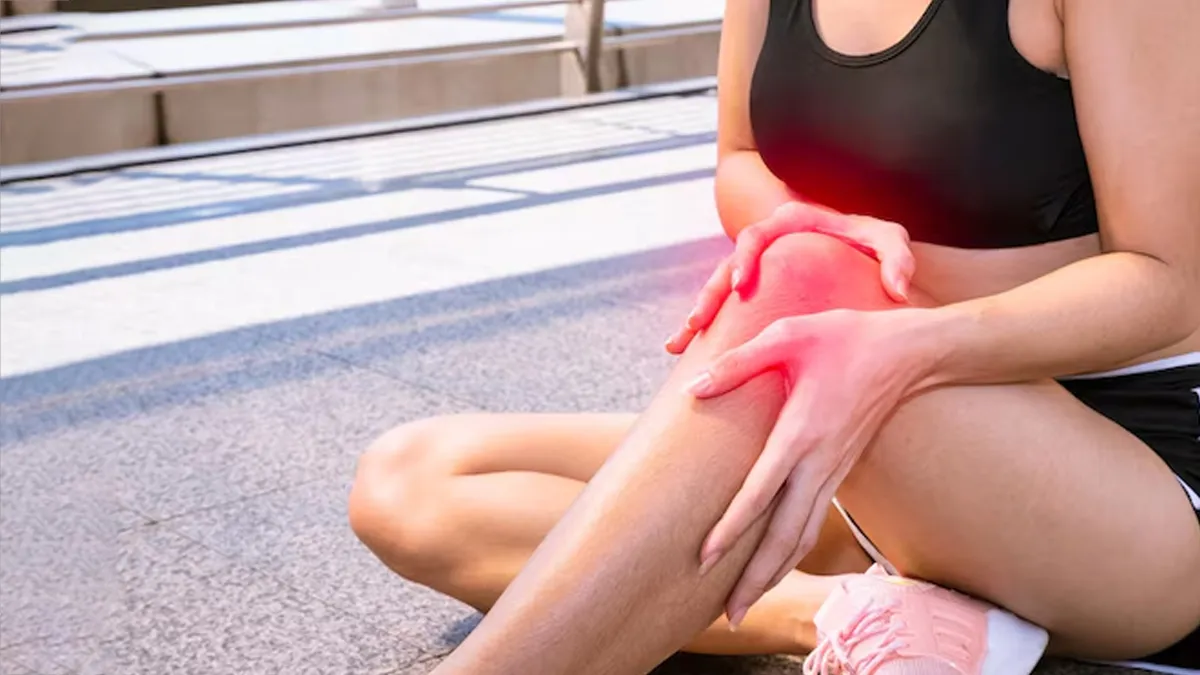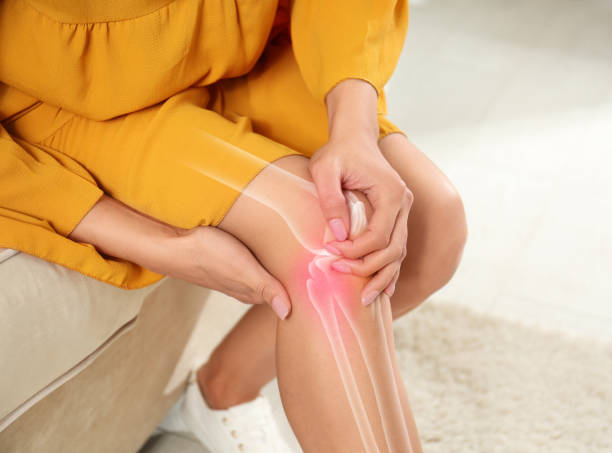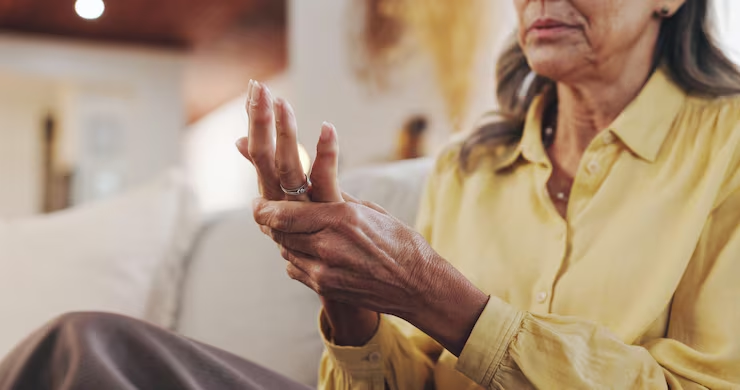
Tips To Manage Arthritis Joint Pain: Living with arthritis is not just about managing pain, it’s about finding ways to keep your daily life as comfortable and active as possible. Many people struggle with stiffness, swelling, and reduced mobility, which can take a toll on both body and mind. To understand simple, practical approaches, we consulted Dr Priyank Gupta, Senior Consultant Joint Replacement Surgeon, HCG Hospitals, Ahmedabad, who shared expert insights on how to ease joint pain without complicating your routine.
Arthritis refers to inflammation of one or more joints, leading to pain and limited movement. The National Institute of Arthritis and Musculoskeletal and Skin Diseases (NIAMS) states, “Arthritis literally means joint inflammation. Joints are places where two bones meet, such as your elbow or knee.”

It further mentions, “There are many different types of arthritis with different causes and treatments. In some types, other organs, such as your eyes, heart, or skin, can also be affected. Common symptoms of arthritis include pain, redness, heat, and swelling in your joints.”
Exercise may sound daunting when you’re in pain, but gentle movement is one of the best ways to manage arthritis. Low-impact activities such as walking, swimming, cycling, or yoga help keep joints flexible and muscles strong.
Dr Priyank Gupta explains, “Gentle, targeted movements, like quadriceps strengthening and low-impact activities such as walking, swimming, or cycling, support joint strength and relieve pain. Avoiding high-impact exercises such as running, deep squats, or jumping can help reduce strain and inflammation.”
What you eat can make a difference to how your joints feel. A balanced diet rich in fruits, vegetables, whole grains, lean proteins, and healthy fats helps reduce inflammation. Foods high in omega-3 fatty acids, such as salmon, walnuts, and flaxseeds, are especially beneficial.

Dr Priyank Gupta says, “Excess weight increases pressure on joints, especially knees and hips, accelerating wear and amplifying pain. Even modest weight loss makes a real difference, easing mechanical stress and slowing arthritis progression.”
Sometimes, the easiest remedies work best. Massage with light pressure can boost circulation and ease stiffness. Using supportive shoes or cushioned insoles takes strain off the knees and hips. Braces or joint supports can also provide stability, particularly during long periods of standing or walking.
Dr Gupta shared, “Regular physical activity, such as yoga or brisk walking, strengthens muscles around joints and improves flexibility without overstraining them. Avoid excessive repetitive motions; for instance, alternate between sitting and standing during work or use supportive cushions for squatting.”
Don't miss: Late Pregnancy And Fertility Outcome: Expert Explains The Impact
Arthritis pain often feels worse when you’re stressed or not sleeping well. Relaxation techniques such as deep breathing, meditation, or even listening to calming music can reduce tension in the body. Prioritising good sleep — by sticking to a bedtime routine and avoiding screens before bed — allows your body to repair and gives your joints much-needed rest.
Don't miss: High Blood Pressure: Expert Shares 7 Early Signs You Should Never Ignore And Who’s At Higher Risk
Arthritis development in India can be attributed to several factors deeply rooted in everyday lifestyles. According to our expert, some key contributors include:
Osteoarthritis commonly results from aging, where joint cartilage degenerates due to repeated stress.

Injuries from falls or sports, irregular sleeping patterns, and exposure to cold, damp weather, common in monsoon seasons, can accelerate this process.
Rheumatoid arthritis involves genetic predispositions and environmental triggers like infections, while gout is linked to high uric acid levels from dietary habits.
Dr Priyank Gupta explains, “Risk factors abound in modern Indian life. Obesity places extra strain on weight-bearing joints like knees and hips, a concern noted in reports from the Indian Council of Medical Research on non-communicable diseases. Sedentary jobs, prevalent in urban settings, combined with poor posture during long hours at desks, heighten vulnerability. Unhealthy diets low in nutrients but high in processed foods, along with habits like suppressing natural urges or irregular meals, exacerbate issues. Activities such as prolonged kneeling in traditional occupations or twisting movements in sports further elevate risks.”
Regular check-ups with a doctor or specialist can ensure you’re getting the right treatment, whether that includes physiotherapy, medication, or other medical support.
For more such stories, stay tuned to HerZindagi.
Image credit: Freepik
Also watch this video
Herzindagi video
Our aim is to provide accurate, safe and expert verified information through our articles and social media handles. The remedies, advice and tips mentioned here are for general information only. Please consult your expert before trying any kind of health, beauty, life hacks or astrology related tips. For any feedback or complaint, contact us at compliant_gro@jagrannewmedia.com.